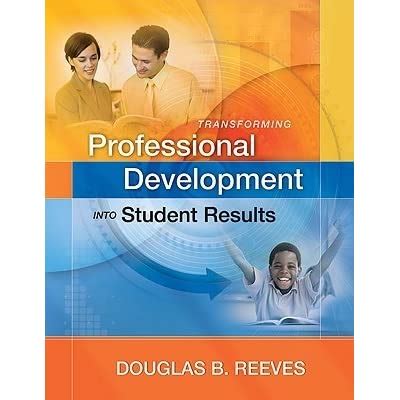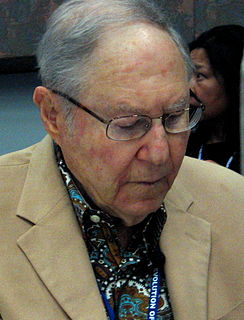A Quote by Douglas B. Reeves
For teachers, getting annual test scores several months after taking the test and in most cases long after the students have departed for the summer sends a message: Here's the data that would have helped you improve your teaching based on the needs of these students if you would have had it in time, but since it's late and there's nothing you can do about it, we'll just release it to the newspapers so they can editorialize again about how bad our schools are.
Related Quotes
I am relieved that, in my own teaching, I don't have to moderate between high stake teaching and education for the virtues. If I did, I would give students the tools to take the tests but not spend an inordinate amount of time on test prep nor on 'teaching to the test.' If the students, or their parents, want drill in testing, they'd have to go elsewhere. As a professional, my most important obligation is to teach the topic, skills, and methods in ways that I feel are intellectually legitimate.
To improve our schools, we have to humanize them and make education personal to every student and teacher in the system. Education is always about relationships. Great teachers are not just instructors and test administrators: They are mentors, coaches, motivators, and lifelong sources of inspiration to their students.
What do teachers and curriculum directors mean by 'value' reading? A look at the practice of most schools suggests that when a school 'values' reading what it really means is that the school intensely focuses on raising state-mandated reading test scores- the kind of reading our students will rarely, if ever, do in adulthood.
When teachers are forced to teach to the test, students get bored and genuine education ceases, no matter what the test scores may say… The examination as a test of the past is of no value for increased learning ability. Like all external motivators, it can produce a short term effect, but examinations for the purpose of grading the past do not hook a student on learning for life.
I'm proud of my driver test. So many people were waiting for me to test and fail, so they could say that women would never be able to race in F1. I always view my time in F1 as before and after the test. Beforehand, I could sense everybody asking, 'What's she doing in the F1 paddock? Is she good enough?' After my test, that attitude changed.
We need more concept-development and active involvement, less tuning forks, pulleys, and friction formulas - students know they'll never use those. They need more study of outer space and DNA. They need more exciting teaching, more fair-minded encouragement, more career guidance, more mentorship. Both students and teachers need more feedback. It would help if we stopped protecting bad teachers - It's very difficult to get rid of even sexual perverts let alone just bad teachers.
Because they don't teach the truth about the world, schools have to rely on beating students over the head with propaganda about democracy. If schools were, in reality, democratic, there would be no need to bombard students with platitudes about democracy. They would simply act and behave democratically, and we know this does not happen. The more there is a need to talk about the ideals of democracy, the less democratic the system usually is.
Public education for some time has been heavily focused on what curricula we believe will be helpful to students. Life-Enriching Education is based on the premise that the relationship between teachers and students, the relationships of students with one another, and the relationships of students to what they are learning are equally important in preparing students for the future.
Let's be clear about what Common Core is. It spells out what students should know at the end of each grade. The goal is to ensure that our students are sound in math and literacy and that our schools have some basic consistency nationwide. But the standards do not dictate a national curriculum, and teachers are not told how or what to teach.
Tales of cheating on school and college tests are rife. There have been instances where teachers have given students test answers in order to make themselves look good on their performance reviews. Mentors who should be teaching the opposite are sending a message that lying and cheating are acceptable.



































